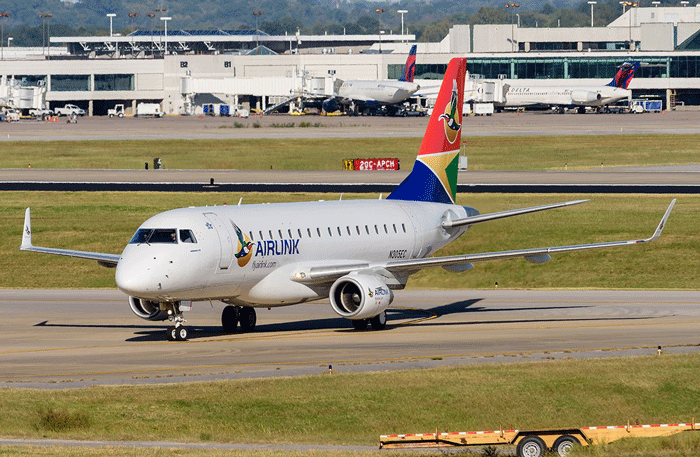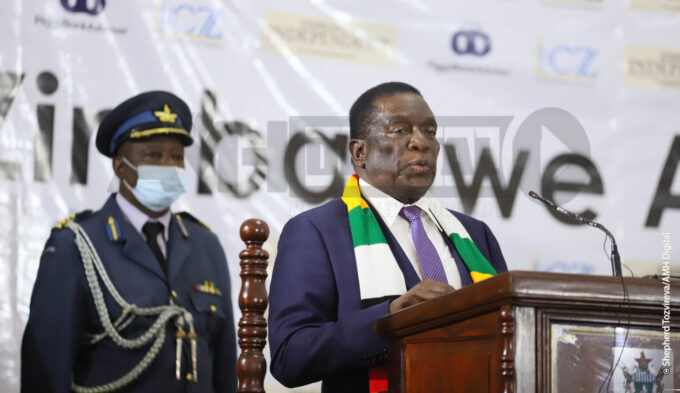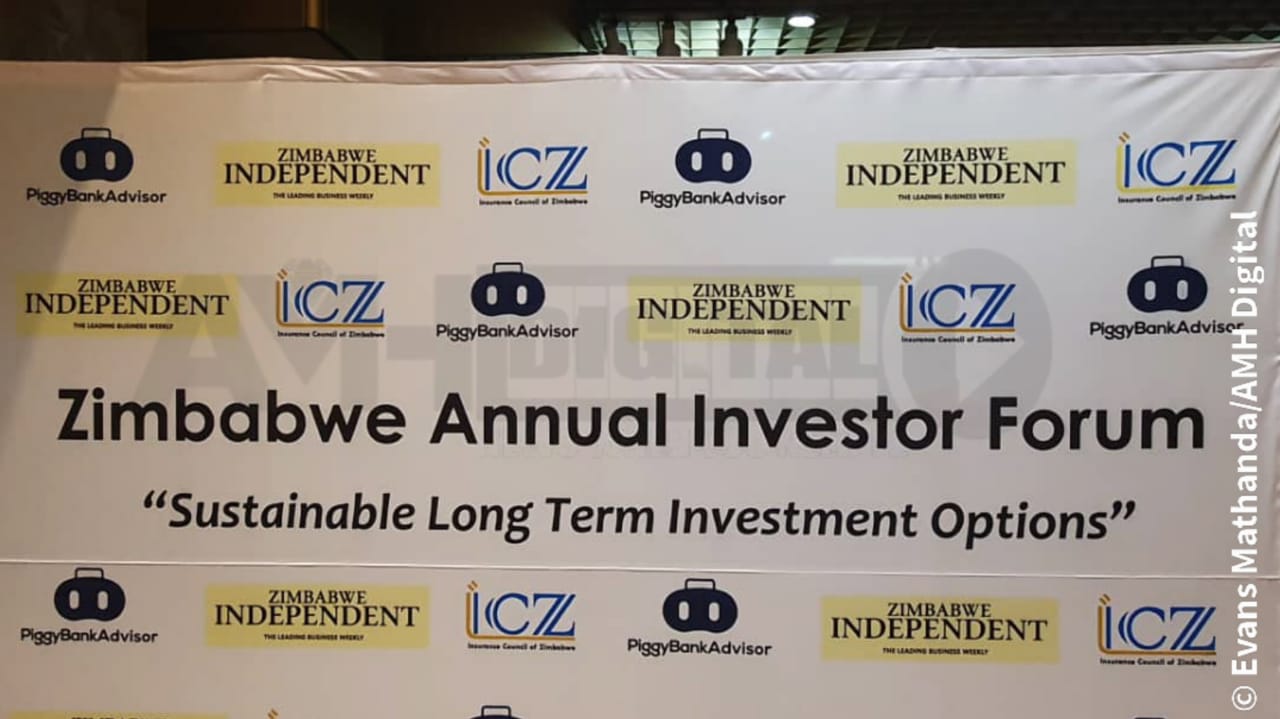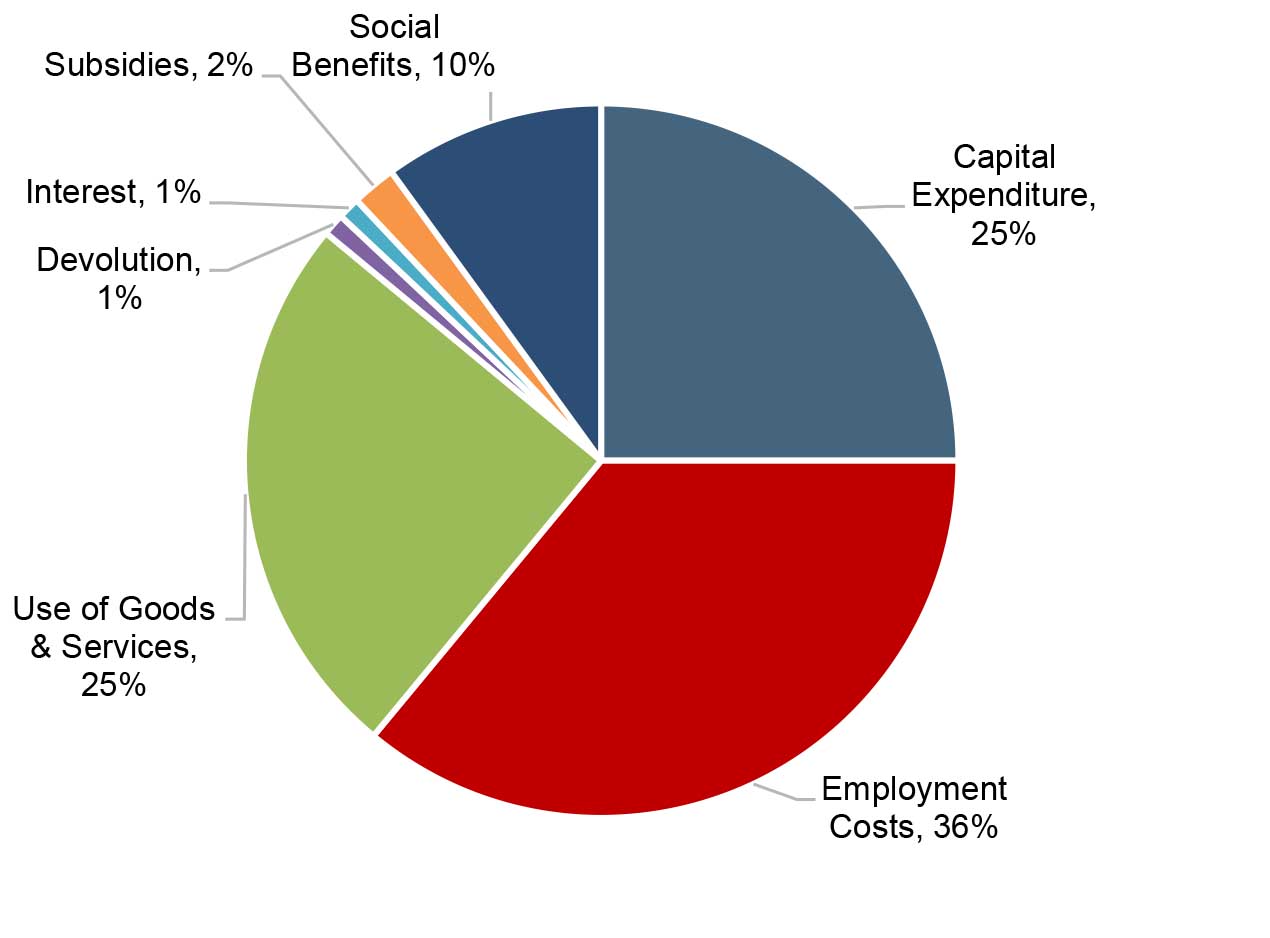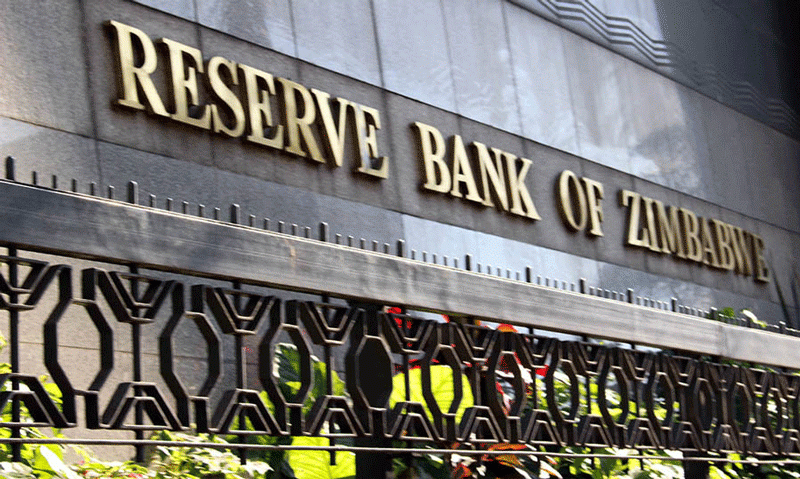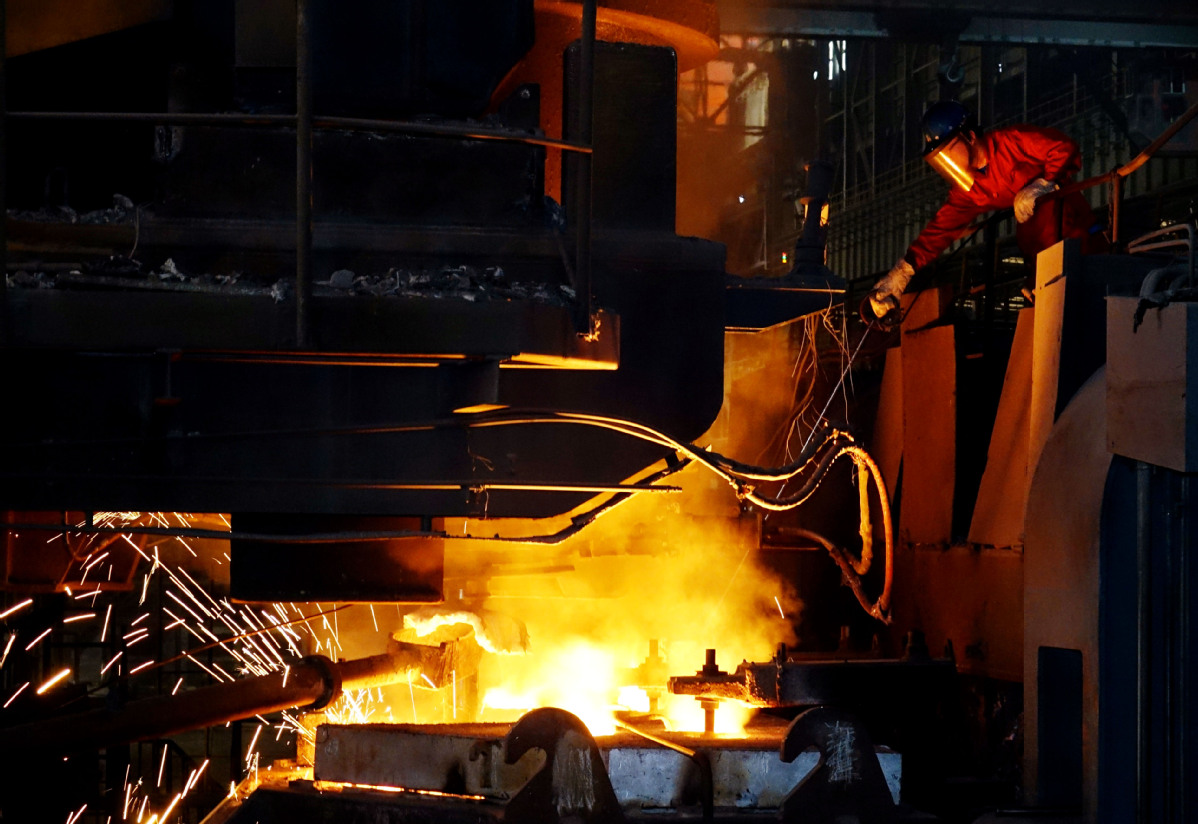
FREEMAN MAKOPA THE chief executive officer (CEO) of Tsingshan Investments Zimbabwe revealed this week how his firm has located immense opportunities in Zimbabwe, where it plans to weave around a string of corporate steel graveyards to generate billions of United States dollars.
Tsingshan is executing its Zimbabwean ambition through Dinson Iron and Steel Company (Disco), which has the mandate to deliver a US$1,5 billion steel plant in Chivhu, part of a massive empire whose influence would extend to Manhize, Midlands, where an integrated operation will be established.
From here, the Chinese firm says it wasworking out a plan to conquer the African steel market.
“Production will be massive,” the firm’s CEO, Benson Xu said in an interview with businessdigest.
“In Africa, Dinson Iron and Steel is incomparable.”
He said Disco saw opportunities in Zimbabwe where scores of steel firms have collapsed in the past decade.
Xu said they estimated to pay US$300 million in annual taxes. In addition, he said they were projecting that their annual output would be enough to offset US$2 billion being spent currently on steel imports.
Troubles in the steel industry resulted in Zimbabwe importing 90% of its steel requirements.
- Chamisa under fire over US$120K donation
- Mavhunga puts DeMbare into Chibuku quarterfinals
- Pension funds bet on Cabora Bassa oilfields
- Councils defy govt fire tender directive
Keep Reading
The huge import bill costing the country US$2 billion a year is really unacceptable in a country with reserves expected to last 200 years.
“The closure of Ziscosteel saw downstream companies closing shop or operating below capacity and with scarce foreign currency, some of the steel companies are scaling down operations in Zimbabwe,” Xu said, as he narrated the extent of opportunities that lie unexploited on the domestic resource market.
“Iron and steel companies are importing 90% of key steel raw materials for their steel works.
“Therefore, opening of Disco will close the gap of steel deficiency in Zimbabwe,”he said.
Xu said an explosion of infrastructural developments in Africa has ignited appetite for steel products, which his firm would be able to meet.
“The market is huge in Zimbabwe and even more in Africa where there is a boom of the construction and infrastructure development industry,” he said.
“As a company, we cannot satisfy the local demand. Even in regional markets, in China our parent company requires millions of tonnes of steel and we cannot provide what it requires, so the market and demand is huge.
“In Africa Dinson Iron and Steel is incomparable with steel players because the production will be massive, twice more than the Zisco (which is closed). Most of the steel players in this country (are involved in) scrap metal recycling.
“We cannot compare with natural iron ore of high grade mined in Manhize. Worldwide, yes, there are major players but we are there, we are competing with other world players,” Xu added.
Tsingsha Holding Group is the world’s largest stainless-steel and nickel producer.
The company has a footprint across the world, with production bases in China, Indonesia, India, the United States and now in Zimbabwe.
The company has built a 150 000 tonne per year ferrochrome plant in Selous Chegutu District and a 350 000 tonne per year coke plant in Hwange and is currently constructing a US$1,5 billion Dinson Iron and Steel Plant in Mvuma-Chivhu.
In April 2018, President Emmerson Mnangagwa visited China, where Tsingsha boss held talks with him, expressing their intention to continue to expand its investment in Zimbabwe.
In June 2018, in the presence of Mnangagwa and secretary of the Zhejiang Provincial Party Committee Che Jun, Tsingshan Holding and the Zimbabwe government signed an MoU to build an iron and steel plant in Zimbabwe with a total investment of US$1,5 billion, undertaking to value-add chrome ore to produce ferrochrome, to value-add to coal to produce metallurgy coke, to value-add iron ore to produce carbon steel and to beneficiate mineral resources mined in Zimbabwe.
“Dinson Steel Industry Park will have an annual turnover of US$2 billion from both exports and domestic markets. A total of 10 000 people will be employed directly and over 50 000 people will be indirectly employed,” Xu said.
“Already a concept master plan for the new town is now in place, which is adjacent to the steel plant. This investment will go a long way in Zimbabwe’s economic growth take-off.”

